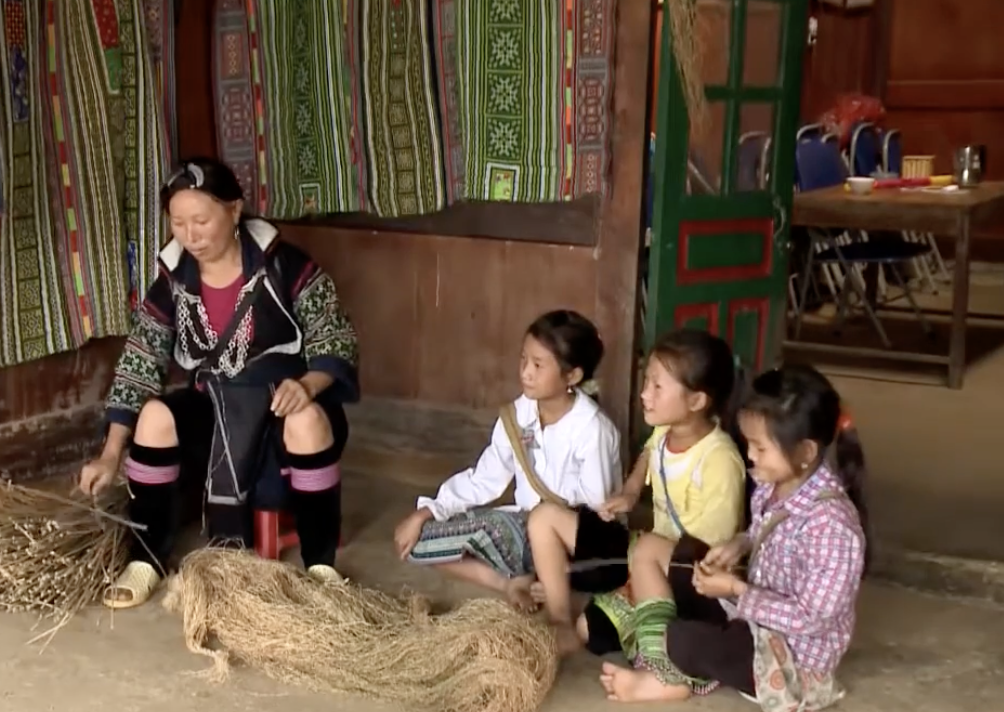
During the process of existence and development, ethnic minorities have formed and developed their own unique culture, with many types, layers, and colors. It is an invaluable asset of ethnic minority people, which reflects the worldview and outlook on life of an ethnic community in a compatible relationship with the living environment, accumulated and preserved throughout the entire historical process of development.
Along with the process of innovation and international integration, the traditional culture of ethnic minorities has been changing in both positive and negative directions. Therefore, it is necessary to have a system of solutions and policies to preserve the good cultural values of the people, in which promoting the role of the family in cultural preservation is one of the approaches that need to be emphasized.
According to Dr. Nguyen Hong Hai, the family is the place to preserve and transmit ethnic cultural values. With the cradle of the family, traditional cultural values are naturally transmitted and absorbed. Currently, most ethnic minorities in Vietnam have promoted the role of the family institution in passing on good cultural features of ethnic groups and transmitting it to future generations.
In families of ethnic minorities in Vietnam, activities to preserve their native language, traditional costumes and cuisine, customs and practices of marriage, weddings, funerals, ancestor worship, beliefs have been maintained. The practice of those cultural features in the family helps transmit ethnic culture from generation to generation.
For example, Thai people preserve the basic family tradition by preserving and teaching the Thai language to future generations. When they are at home, they speak Thai language. When they go out to work, when they meet people who don't know how to speak Thai, they speak the Vietnamese language. Thai ethnic families also pass on to the younger generation traditional Thai cuisine such as: Stone moss, ash-buried goby, colored sticky rice, or ancient Thai songs and dances passed down from ancient times.
The cultural identity has become a tourism product, attracting tourists to explore the traditional stilt houses, traditional costumes of Thai women, and especially Thai dishes, songs, gentle and graceful dances.
Not only the Thai people, but most ethnic minority families tend to preserve their ethnic traditional culture. The Dao families have inherited and promoted the good traditional values of their people from ancient times such as: patriotic tradition of fighting against foreign invaders, respecting the old, obeying parents and grandparents, preserving and developing the profession of weaving and sewing costumes for family members...
In Mong families, elders pass on to their children how to make Mong musical instruments such as leaf trumpets, flutes, and lip harps; offerings during the Gau Tao and thanks-giving festivals; folk songs, love songs...
In each family, generations regularly care about, practice, and educate their ethnic cultural traditions for the next generation; especially about language, writing, customs, traditions, traditional occupations...
Many ethnic minority families still preserve their cultural traditions, customs, and rituals, performing rituals on holidays, maintaining family cultural activities, so that true values, goodness and beauty are naturally transmitted.